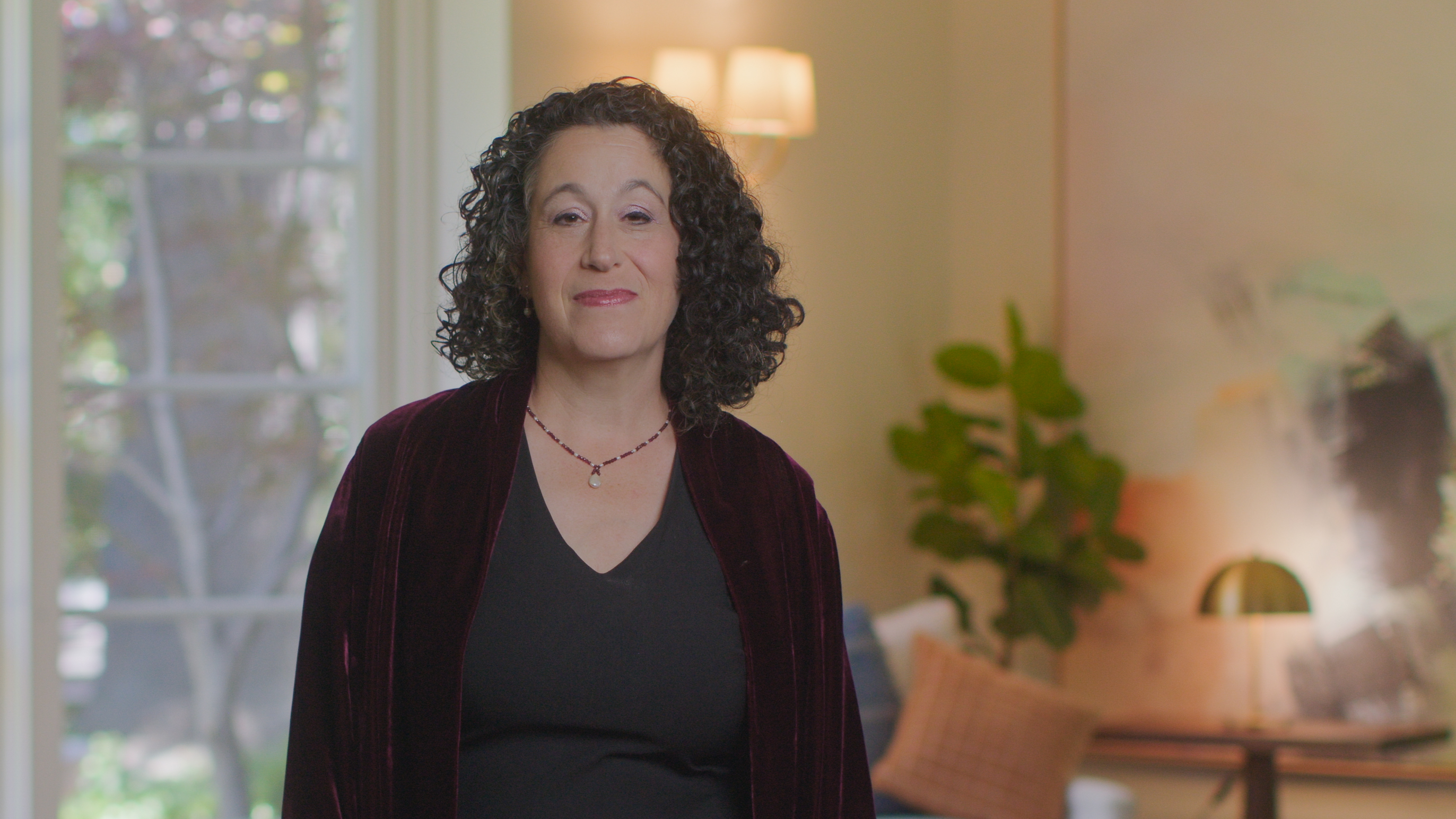Working with trauma and PTSD requires knowledge, skill, and confidence. This course helps you strengthen your ability to guide recovery with CBT and support clients through the challenges of trauma.
This training shows you how to integrate cognitive and exposure-based approaches — the most well-researched strategies in trauma treatment — into a flexible practice that meets clients where they are. It provides the tools and clinical insight to address PTSD and trauma-related distress in ways that are structured, effective, and compassionate.
Led by globally renowned trauma experts Barbara Rothbaum, co-creator of Prolonged Exposure, Debra Kaysen, an expert in Cognitive Processing Therapy, and David Tolin, bestselling author of Doing CBT, this course gives you direct guidance from leaders who shaped the field. Their teaching shows you how to use CBT approaches that help clients face avoidance, dissociation, flashbacks, and overwhelming distress.
Whether you are treating PTSD or working with trauma-related symptoms across different diagnoses, this course gives you practical ways to support recovery.


